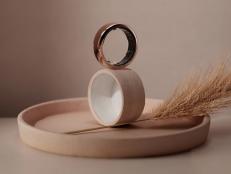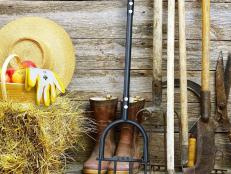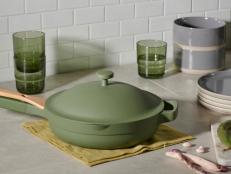Winter Brooding: The Time Is Right

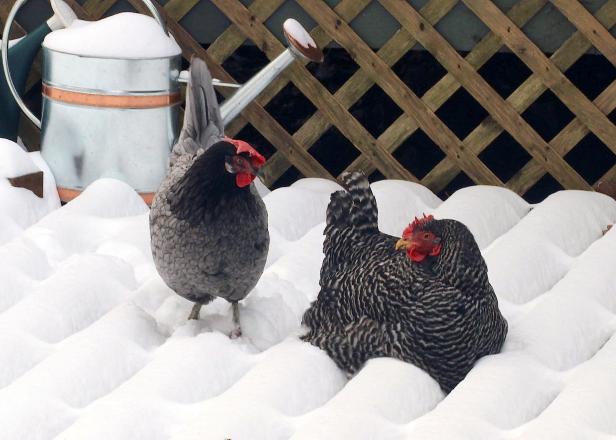
Whether you are expanding an existing flock or are new to backyard chickens, hatching and raising your own chicks is a fun and satisfying experience. When the weather is cold and fresh snow blankets the ground, spring chickens may be the last thing on your mind. But brooding chicks in late winter may be the best move the backyard chicken enthusiast can make.
Traditionally, the best time to hatch new chicks is in the spring. Egg production in an existing coop is back up, mother hens are likelier to brood and the return of warm weather reduces the risk of losing new chicks to exposure to the cold. Chicks hatched the old-fashioned way, under the warm bosom of a doting hen, are a harbinger of spring, but Mother Nature isn’t always so reliable and most chicken keepers rely on artificial methods for brooding.
If you are hatching your own eggs with an incubator or buying day-old chicks from a reputable hatchery, know that when they arrive, those cuties are downright fragile. They need to learn how to eat and drink and must be kept in temperatures of 90-100 degrees to survive the first week and kept warm as they develop over the coming weeks. New chicks will start out in a brooder, a small enclosure lined with bedding and kept at a consistent temperature with the use of a heat lamp suspended above.
It’ll be about eight weeks before the young birds will be able to survive outdoors on their own and up to twelve weeks before they can be safely integrated into an existing flock. Until then, they will spend their days indoors— inside the house, in a secure outbuilding or in a pen within a larger coop, segregated from the general population.
Which brings us to winter brooding. It may be cold outside, but ensconced in their temperature-controlled brooder, new chicks are well protected from the elements. By the time a winter brood is ready to go outside, the sunshine should be there to greet them and the ground will be thawed and ready to be foraged. The early bird does indeed get the worm.
Why get an early start? Hens typically start laying eggs at 5-6 months old. For chickens hatched in February, you can expect them to begin laying in mid-summer, when chickens are often most productive. These early birds will not only be more productive in their first laying year, but will have reached full maturity well before fall rolls around, making them better prepared for next year’s cold weather than chickens hatched in summer months.
If winter brooding is in the cards this year, consider your location and plan a hatch date no earlier than six to eight weeks before the spring frost date in your region and plan to keep your new chickens housed indoors until the weather is warm enough to welcome them.






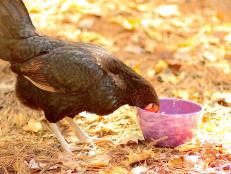


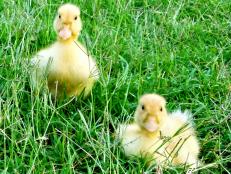
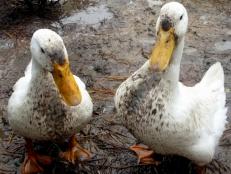
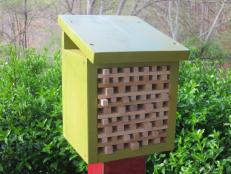
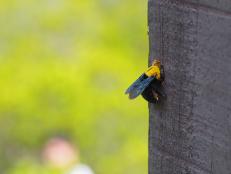
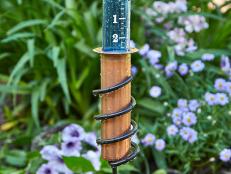
![Homegrown variety of winter squash. Homegrown winter squash. 195956_3603429601142_787136137_n[2].jpg](http://hgtvhome.sndimg.com/content/dam/images/grdn/fullset/2014/2/7/0/195956-3603429601142-787136137-n-2.jpg.rend.hgtvcom.231.174.suffix/1452646912247.jpeg)


















